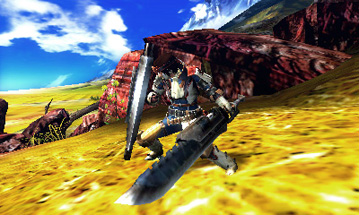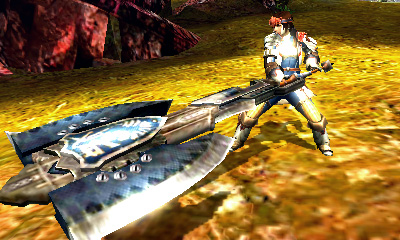They were paid well for the exclusivity. It was a good business decision for both Nintendo and Capcom.
It wasn't about moneyhats. The Capcom 5 didn't even have a moneyhat, which is why Viewtiful Joe got ported almost immediately.
Shinji Mikami thought he lived in a world where he was allowed to make artistic decisions, even if they weren't the best
business decisions, so long as they weren't
the worst business decisions. If he made money and improved the brand, he figured all was good. He was obviously wrong. Artists at Capcpom are slaves to business, which is probably
not a good thing, since this "good business" cost them talent like Mikami, the guys at Platinum, and Keiji Inafune.
Mikami didn't like dealing with Arrogant Sony, so he supported Sega Dreamcast. Capcom undermined him by porting Code Veronica to the PS2 against his will.
After Dreamcast died, he tried working with Microsoft and Xbox, and only after that failed, he settled exclusively on Nintendo GameCube. Mikami made the Resident Evil series
officially exclusive to GameCube because he didn't want to see a repeat of Code Veronica, with Capcom undermining his decisions.
The GameCube was floundering, so Mikami greenlit some games for it. These weren't the biggest games, and the hope was that some activity would help keep the GameCube alive so that Resident Evil could sell better, while creating an opportunity for his people to experiment and flex their creative muscles.
The GameCube Resident Evil games were profitable (not as profitable as Capcom demanded or Mikami would have liked), so Mikami was crushed for not making "the best business decisions" (aka: saying "screw diversity in the industry, ride that Sony train straight into PS3 hell"). Mikami's "bad business decision" was just that he got off the Sony train one stop too soon. If he had said Sony was a pain to work with five years later than he did, nobody would have argued with him.



